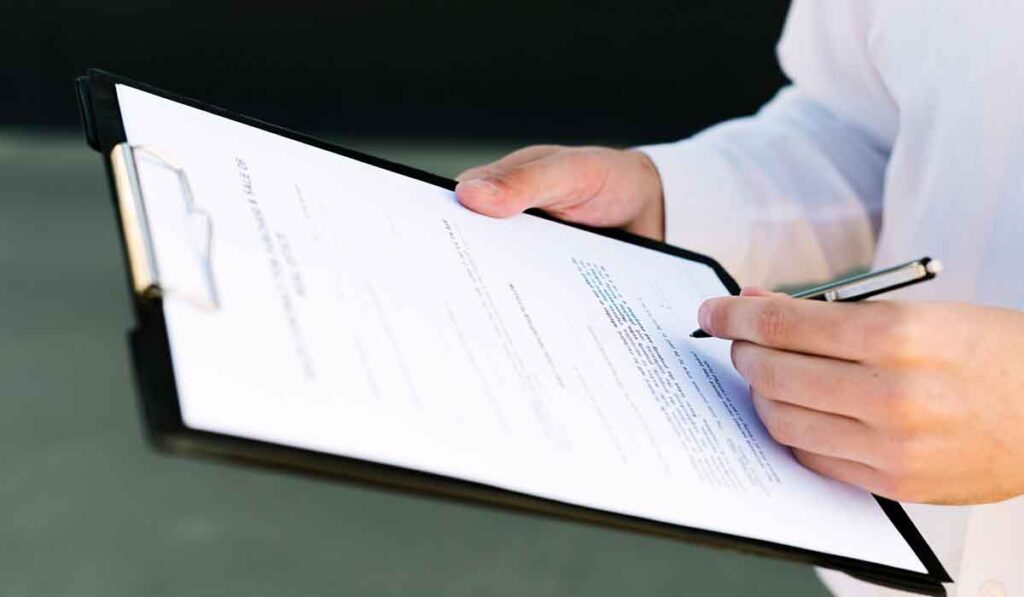The 3rd Panel of the Superior Court of Justice (STJ), in a recent ruling – REsp 2.069.123/SP (2023/0143738-6) – recognized the relativity of the presumption of validity of the summons delivered to the concierge of a building condominium, even if without reservations, dismissing the understanding that defended its absolute nature.
Art. 248, §4 of the Code of Civil Procedure (CPC) establishes that a summons delivered to the concierge, who is responsible for receiving mail, will be valid as long as it is not stated in writing that the addressee is absent.
However, it does not specify whether the presumption of validity of this service, when received without any written declaration of absence, would be relative or absolute.
It is an indirect summons, since it is made to a third person, authorized by law to receive it effectively.
In this way, there is no certainty that the defendant has, in fact, become aware of the existence of the lawsuit in progress. This is a legal presumption brought in by the current CPC, in order to provide greater effectiveness of summons in urban centers where the majority of the population lives in condominiums.
This uncertainty should not be ignored and highlights the fact that the validity of this type of summons cannot be absolutely presumed, so that its relativity must be admitted, allowing the defendant to claim its invalidity, provided that he can prove his absence on the date the mail was delivered to the condominium.
It should be noted that, as this is a relative presumption, proof of non-receipt of the summons must be provided by the defendant at the first opportunity he has to speak on the record, under penalty of estoppel, in accordance with article 278 of the CPC.
Thus, we can conclude that the position adopted by the Justices represents a significant step forward in guaranteeing the modernization brought about by indirect service, but at the same time removing doubts and enshrining the precepts of due process of law and ample defense, guaranteeing the defendant the opportunity to prove that he was not notified of the existence of an action in progress, as long as he does so at the first opportunity he has to manifest himself in the process.








